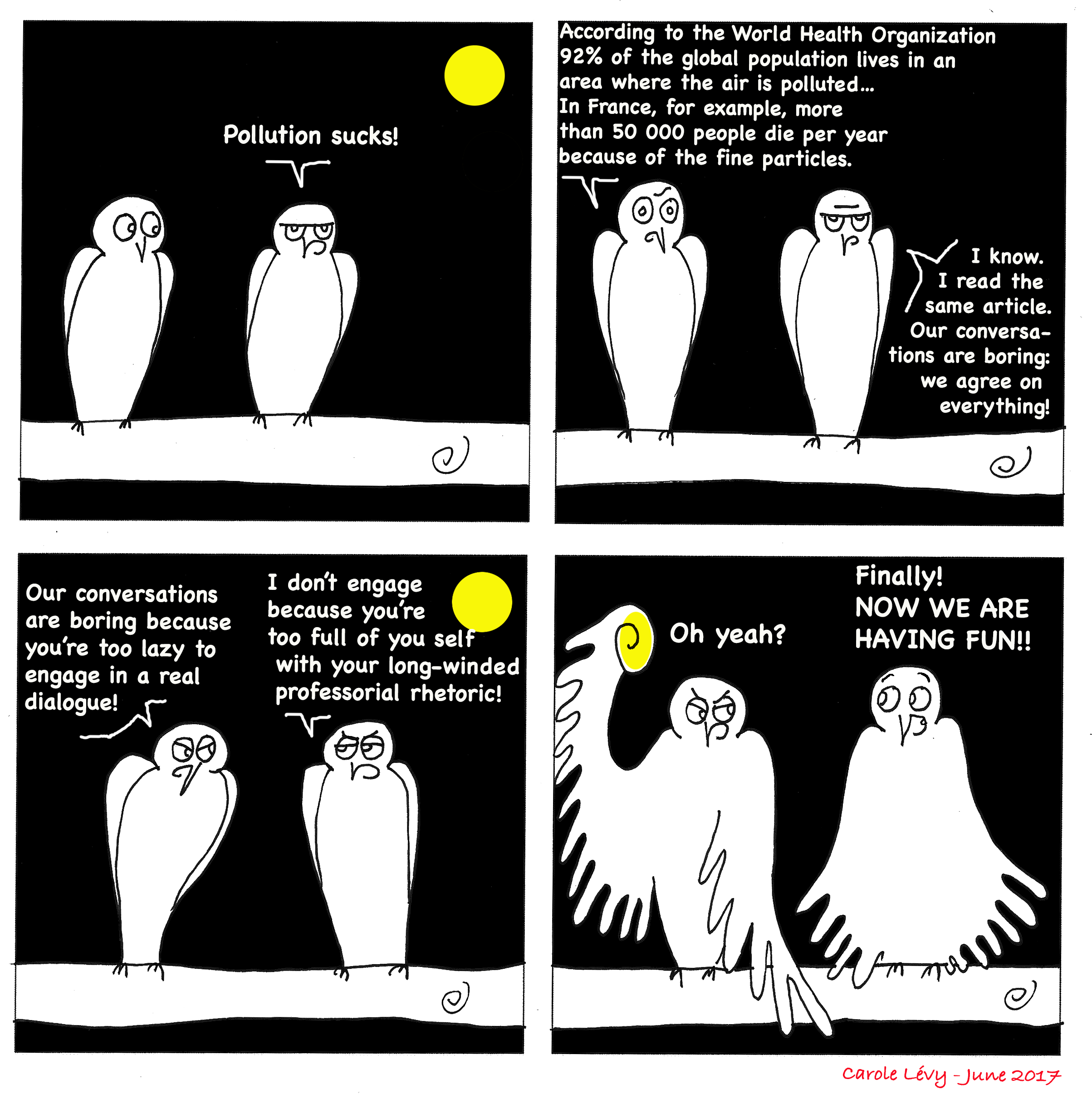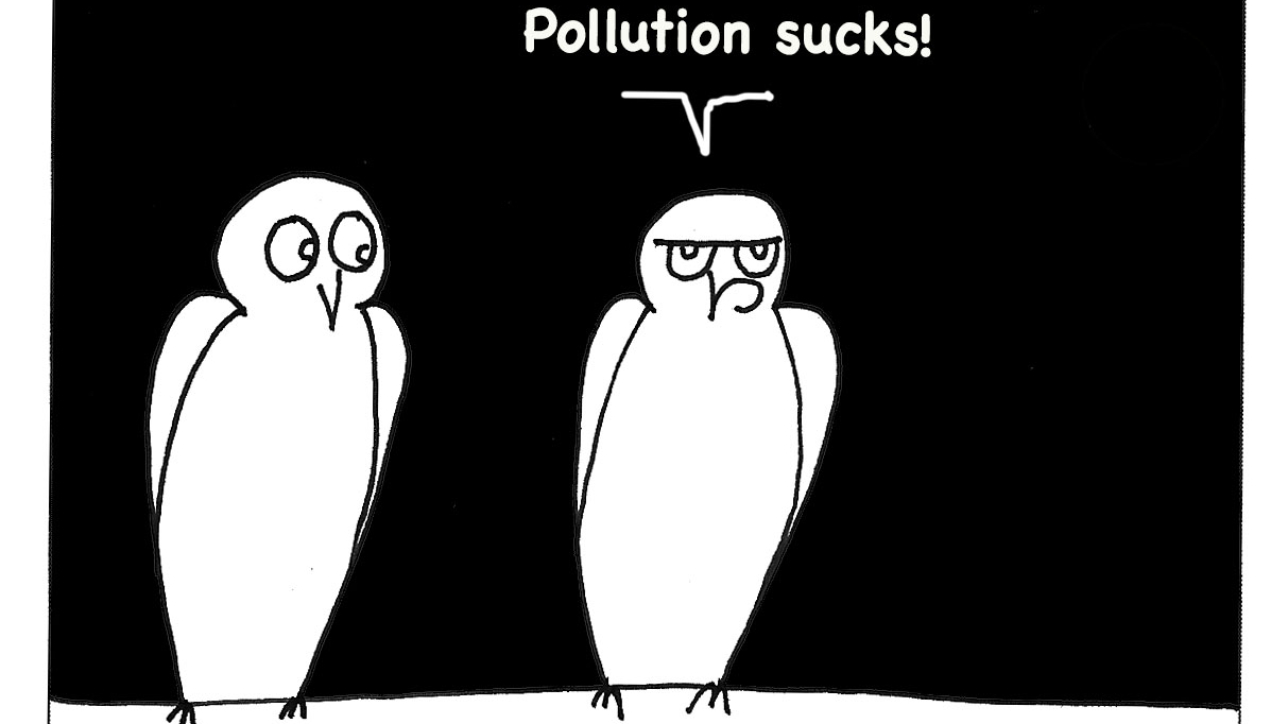I recently read an interesting article about “motivated ignorance” that describes our aversion, if not our “disgust” for listening to a political opponent…
A study showed that it’s “almost as bad as getting a tooth pulled!” People on the left as well as on the right avoid hearing from the other side because of the anticipation of cognitive dissonance, and the undermining of their fundamental need for a shared reality with others.
I get it. Recently, this has been my experience too. It’s really comforting to share with people who have similar opinions to mine.
Sometimes, it even feels necessary to my mental health to commiserate with people of my tribe, even if I know that it feeds our national divide.
However, I have also noticed that having conversations about political or politicized subjects with “people like me” can become paradoxically a little bit superficial, even boring (no offense – I’m including myself in the dynamic) as we tend to exchange information that both parties already know. So these conversations merely validate our already held beliefs.
Political conversations are almost becoming “conscious gossiping”.
Well, it’s better than getting a tooth pulled, but It’s not satisfying either. By just reinforcing what we agree on, we can fail to challenge each other, disrupt the status quo, and create more meaning together, and deeper connections.
Between the concepts of violent agreement and boring agreement, there is, I’m sure, the concept of curious disagreement. This would be a good exploration for a next post.
Meanwhile, practicing giving meaningful feedback to the members of our tribe could also be a way to disrupt boring agreements and the complacency of our righteous mind.
Questions: How does it make you feel to listen to political opponents? How do you step outside of your cultural bubble?







